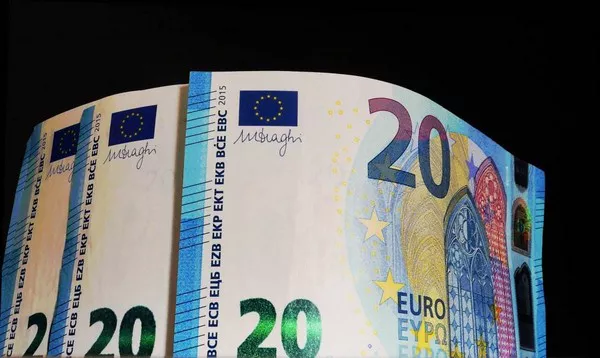The Euro (EUR) is losing ground against the US Dollar (USD) during Monday’s Asian session, retreating to around 1.1240 after gains posted late last week. The downturn follows comments from European Central Bank (ECB) official Olli Rehn, who signaled that the ECB could move toward an interest rate cut at its upcoming meeting, provided that economic forecasts confirm a continued slowdown in inflation and growth.
Rehn’s remarks have reignited speculation that the ECB may begin easing its monetary policy stance, adding pressure to the common currency. Nevertheless, EUR/USD remains somewhat buoyed by broader market optimism stemming from the recent US-China trade talks in Geneva. Both sides described the outcome as “substantial progress,” with China’s Vice Premier He Lifeng calling the talks “an important first step” toward stabilizing strained ties, while US Treasury Secretary Scott Bessent highlighted the constructive nature of the discussions.
Despite the cautious optimism, geopolitical risks continue to loom. Markets are closely monitoring Washington’s response to a newly proposed European Commission plan that could impose tariffs on as much as €95 billion worth of US imports. The plan, unveiled Thursday as part of a public consultation, would be enacted if ongoing trade negotiations between the EU and US collapse.
Meanwhile, the outlook for the US economy remains clouded by the risk of stagflation. Federal Reserve Governor Michael Barr recently warned that rising tariffs could disrupt supply chains, placing upward pressure on inflation while simultaneously stifling growth and driving unemployment higher. These concerns, paired with lingering uncertainties around the Fed’s next policy move, are keeping investors on edge.
With no major economic releases scheduled for Monday, traders are expected to focus on upcoming US inflation data and any further developments in the global trade landscape. The combination of dovish ECB signals and fragile US economic prospects is likely to keep EUR/USD confined to a narrow range in the near term.
Related Topics:

























